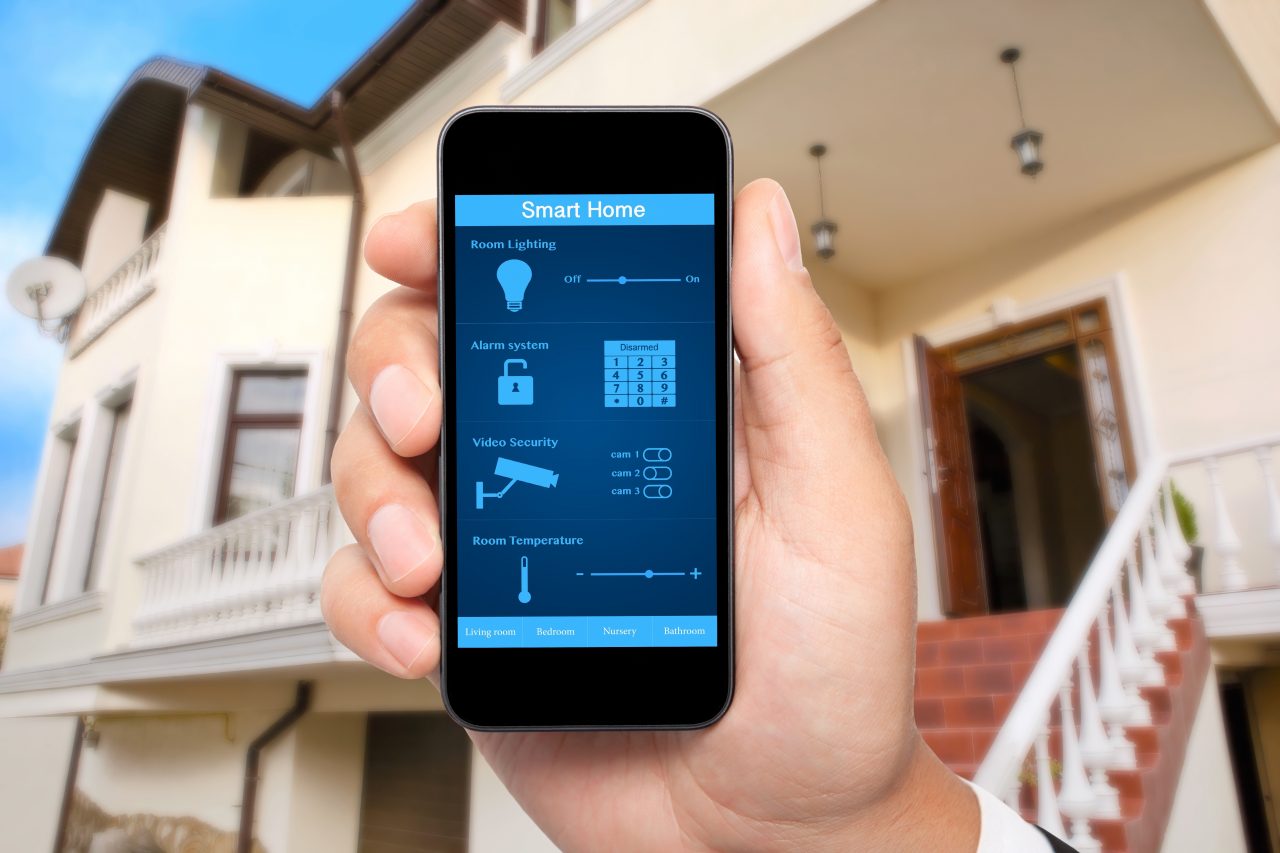What Is a Smart Home?
Smart Homes have appliances, lighting, heating, AC, TVs, computers, security, camera systems, and more, that are capable of communicating with each other.
You may have heard the terms smart home or home automation tossed around a lot lately. So what is a smart home? Smart Home is the term commonly used to define a home that has appliances, lighting, heating, air conditioning, window and door operation, TVs, computers, entertainment audio and video systems, security, and camera systems that are capable of communicating with each other, as well as being able to be controlled remotely from any location in the world by phone or Internet. You might read this and think, "That would be really cool if we could do that in the future." Guess what: The future is now! All this is possible today—if you’re willing to spend the money. No matter how technologically challenged you think you are, it's more than likely that you already use some form of automation in your home every day. Some examples include thermostats, alarm clocks, coffee pot timers, DVRs, and remote controls, just to name a few. Smart home technology can help your home run more efficiently while also helping family members live in total comfort while at home or away.
There are a number reasons people might use smart technology in their home.
1) Convenience. Imagine sitting at your desk getting ready to leave work for the day. You pick up your tablet and, after a series of taps, turn the air conditioner on at home so it's nice and cool when you arrive. You turn on the sprinkler system to water the yard. It’s getting dark, so you turn on the porch light. You’re trying to figure out what you want to cook for dinner, so you take a look at the inventory of foods in the fridge. It’s been a long day, so you draw a hot bath. All this can be done without ever leaving your desk chair.
2) Security. You can program lights to come on at a certain time, turn your security system on or off, unlock doors, and view your house through video cameras. Imagine you had to go out of state for a couple of days, and you've asked your neighbor to feed and walk your dog while you're gone. Your neighbor comes at 5:00 p.m. every day. So at 5 you can, from the comfort of your hotel room on the other side of the country, turn off your alarm system and unlock the kitchen door. When he leaves, you can lock the door and reset your alarm system, just like that.
3) Efficiency. Motion sensors can control lights and thermostats. As you walk through your home, lights can turn on when you enter a room and turn off when you exit. Your thermostat can be set so if you are not in a room the air turns off to that portion of the house, only cooling the area you’re actually in. Imagine your been gone on a trip for a day and you turned off the heat your, then on the way home from your smart phone you turn the heat on so it's nice and warm by the time you get home. You leave for work the next day and leave the lights on, the coffee maker going and the TV running. With just the tap of a button on your smartphone, you can turn appliances on and off, conserving energy and keeping your power bills low.
Sometimes it's hard to imagine how close to the future we really are. In an upcoming post, we will look at a few specific products presently available that can help make your home a smart one. Do you already have smart elements in your home? Leave us a comment and let us know.

 Member Connect
Member Connect